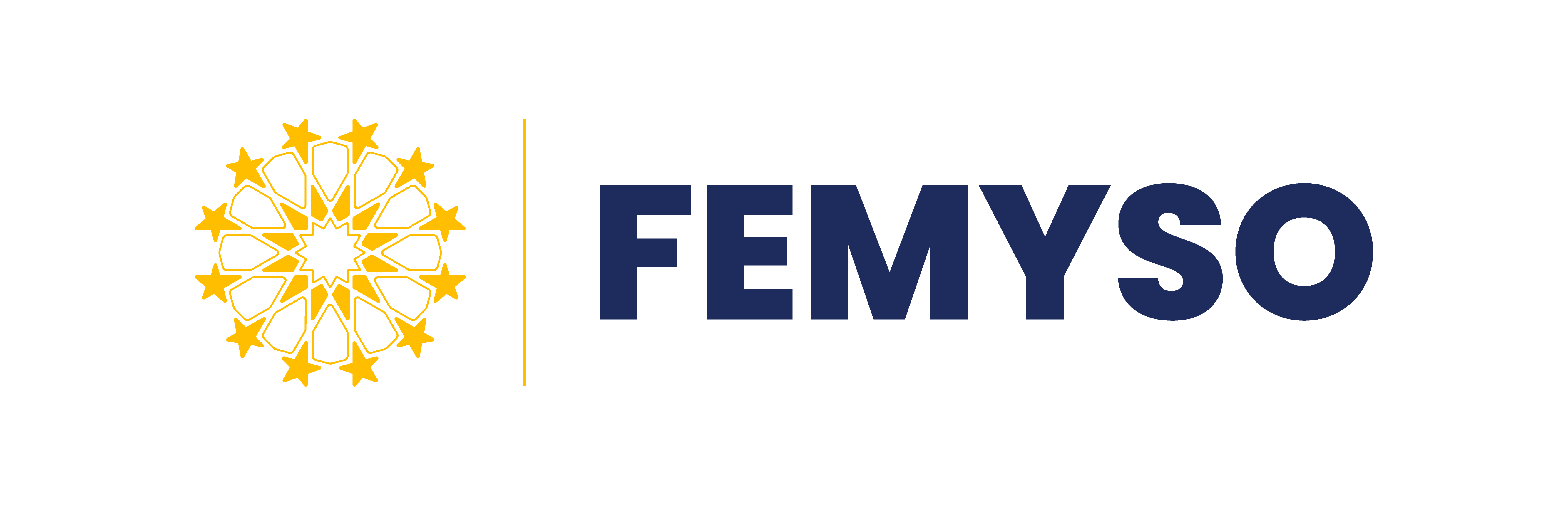The Eureopean Network Against Racism (ENAR) together with 20 other organisations wrote an open letter to First Vice-President Timmermans, Commissioner Jourová, Director-General Tina Astola with important recommendations to ensure the European Commission Coordinator on anti-Muslim hatred has a clear mandate and sufficient resources.
Dear First Vice-President Timmermans,
Dear Commissioner Jourová,
Dear Director-General Tina Astola,
On behalf of the signatories part of an informal European coalition against Islamophobia, a platform of anti-racist/human rights/faith-based NGOs combatting anti-Muslim racism and hatred, we are writing to ask the European Commission to provide its Coordinator on anti-Muslim hatred with a clear human rights-based mandate and meaningful resources. The European Commission’s decision to appoint a new coordinator is an opportunity to make this happen.
In December 2015, following the first ever European Commission Fundamental Rights Colloquium, we welcomed the appointment of a European Commission Coordinator on combating anti-Muslim hatred. This was a strong and concrete commitment to tackle increasing racism against Muslim people in Europe. The coordinator took some steps to increase the relationship with NGOs and the recognition of anti-Muslim hatred. Two years after the coordinator’s appointment, this political commitment must now lead to a shift in strategic approach and to tangible actions, which have been lacking so far.
As expressed on several occasions by the coalition, the mandate and the approach of the coordinator has serious gaps to tackle the issue effectively, to ensure meaningful participation of Muslim communities and anti-racism NGOs, and to develop policies to combat Islamophobia. The appointment of one dedicated person does not replace strong political will, actions and effective policies.
Inadequate human and financial resources, expertise, objectives and evaluation processes partly explain disappointing results to date. The lack of transparency concerning meetings with national governments, the failure to organise a meeting between NGOs and Commissioners, the framing of anti-Muslim hatred as a religious issue instead of a human rights one, the absence of European Commission representatives at several events on Muslim women’s rights and the engagement of the coordinator with very questionable figures fuelling Islamophobia, are among the most problematic illustrations of these systematic gaps.
In addition, the coordinator has conflated the fight against Islamophobia, anti-blasphemy laws, Islamism and counter-terrorism in a number of social media posts and declarations. In a context of generalised suspicion of Muslims, EU policy makers advancing equality and non-discrimination must see Muslims as human beings who enjoy fundamental rights as any other person. The fight against Islamophobia is about politically addressing structural forms of discrimination and racism affecting Muslims or those perceived as such.
If the European Commission is serious about upholding European core values of equality and non-discrimination, it needs to make important strategic changes and concrete actions including :
● Profile of the coordinator. Ensure that the coordinator is appointed based on relevant skills and competences in order to work meaningfully on the issue of Islamophobia as a form of racism. This will also facilitate the relationship and trust with NGOs who have extensive knowledge about the issue and its manifestations. It would be desirable to appoint a coordinator from the affected communities.
● Clear mandate. Clarify what the role of the coordinator entails in terms of representation, official communication and actions that can be undertaken, also defining the remit of issues to be covered.
● Communication and consultation process. Transparency is key to build trust with civil society organisations who are on the ground in direct relation with communities. Communication and consultation processes need to be clarified to ensure meaningful participation of civil society.
● Concrete objectives and action plan. The role of the coordinator cannot only be about listening and bringing issues to the political level without any accountability. The coordinator needs to set concrete objectives to achieve during their mandate and work on an action plan with evaluation processes.
Finally, we officially request a meeting with First Vice President Frans Timmermans and Commissioner Věra Jourová to discuss the above-mentioned recommendations. This is a necessary signal at a time when parties using blatant islamophobic rhetoric have come to power.
Yours sincerely,
Signatories :
European organisations
1. European Forum of Muslim Women (EFOMW)
2. European Muslim Initiative for Social Inclusion (EMISCO)
3. European Network against Racism (ENAR)
4. European Network on Religion and Belief (ENORB)
5. Forum of European Muslim Youth and Student Organisations (FEMYSO)
National organisations
6. Alliance of Inclusive Muslims (AIM)
7. Anti-Racist Forum, Finland (ARF)
8. CAGE, UK
9. Center for Danish Muslim Relations, Denmark (CEDAR)
10. Collective against Islamophobia and Discrimination, The Netherlands (CTID)
11. Collective against Islamophobia in Belgium (CCIB)
12. Collective against Islamophobia in France, France (CCIF)
13. Coordination Contre le Racisme et l’Islamophobie, France (CRI)
14. Etudiants Musulmans de France, France (EMF)
15. Euro-Mediterranean Center Migration & Development, The Netherlands (Emcemo)
16. Justice & Liberties For All Committee, France (CJL)
17. Muslim Council of Britain, UK (MCB)
18. Muslim Human Rights Committee, Sweden (MHRC)
19. Muslims for Progressive Values, the Netherlands (MPV Nederland)
20. RADAR/Art.1, The Netherlands
21. Farid Hafez, editor of the Islamophobia Studies Yearbook and co-editor of the European Islamophobia Report and Salzburg University
